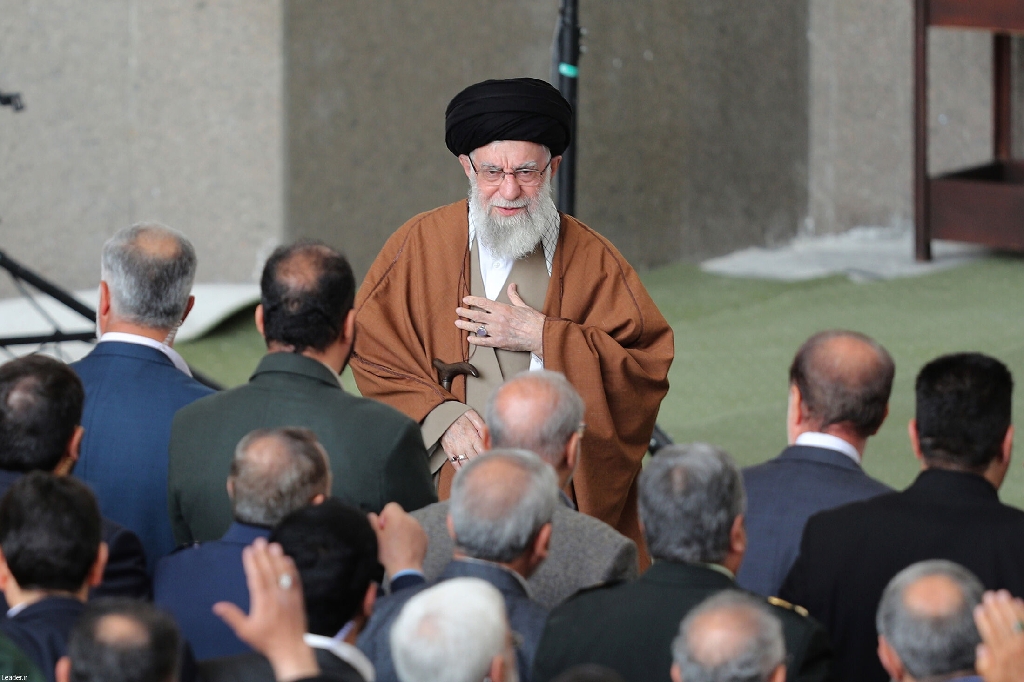The US Supreme Court agreed on Friday to consider the legality of a federal ban on “bump stocks,” an accessory that converts a semi-automatic weapon into a rapid-fire machine gun.
The ban on bump stocks was imposed under then-president Donald Trump following the October 2017 mass shooting at an open-air concert in Las Vegas.
The devices were used by the gunman on at least a dozen of the rifles he wielded to kill 60 people and wound more than 400 in the deadliest mass shooting in recent US history.
The Bureau of Alcohol, Tobacco, Firearms and Explosives (ATF) prohibited the production, sale and possession of bump stocks in December 2018 by classifying them as machine guns, which have been banned since 1986.
A Texas gun shop owner filed suit in response claiming the ATF exceeded its authority, and lower courts have issued conflicting rulings.
The Supreme Court agreed to hear the case following an appeal by the Justice Department of a conservative-dominated lower court ruling that invalidated the ban.
Nick Suplina, a senior vice president at Everytown for Gun Safety, urged the Supreme Court, where conservatives hold a 6-3 majority, to “overturn the lower court’s deadly decision and keep bump stocks out of the marketplace.”
“Guns equipped with bump stocks can cause massive devastation,” Suplina said in a statement. “These are devices that fire like machine guns and kill like machine guns, so it’s a no-brainer that they should be regulated like machine guns.”
According to the Justice Department, bump stocks allow a “shooter of a semi-automatic firearm to initiate a continuous firing cycle with a single pull of the trigger” and “effectively turn the weapons into machine guns.”
The decision by the nation’s highest court to take the case comes just days after the deadliest mass shooting in the United States this year — the killing of 18 people by a gunman in Lewiston, Maine.
The Supreme Court will hear the bump stocks case early next year.
The nation’s highest court is to hear a challenge next week to a federal law banning a person subject to a domestic violence restraining order from owning a firearm.
While a third of US households possess a firearm, the majority of Americans favor tougher gun controls such as background checks for people seeking to buy a weapon.




